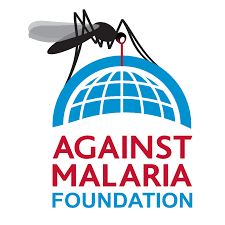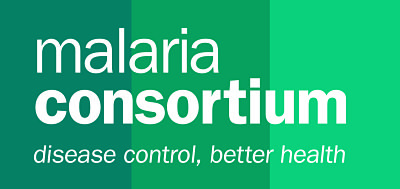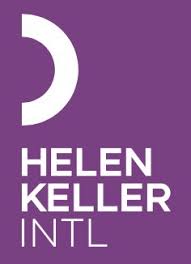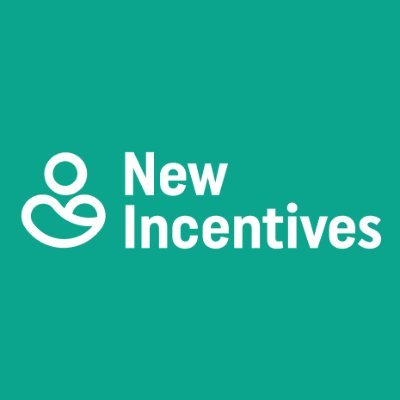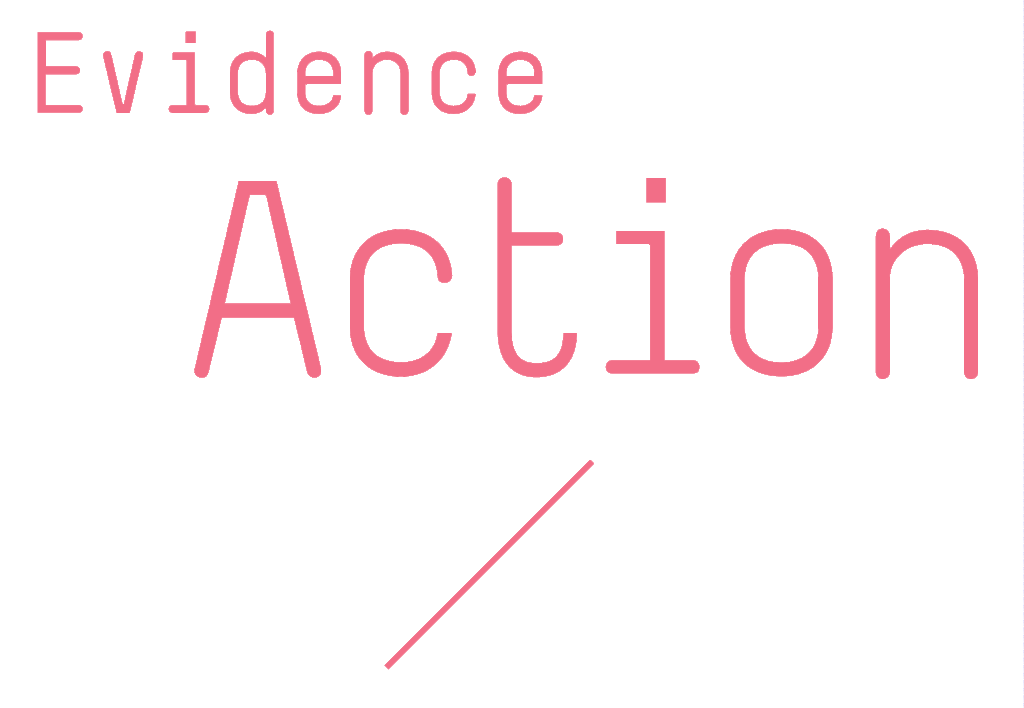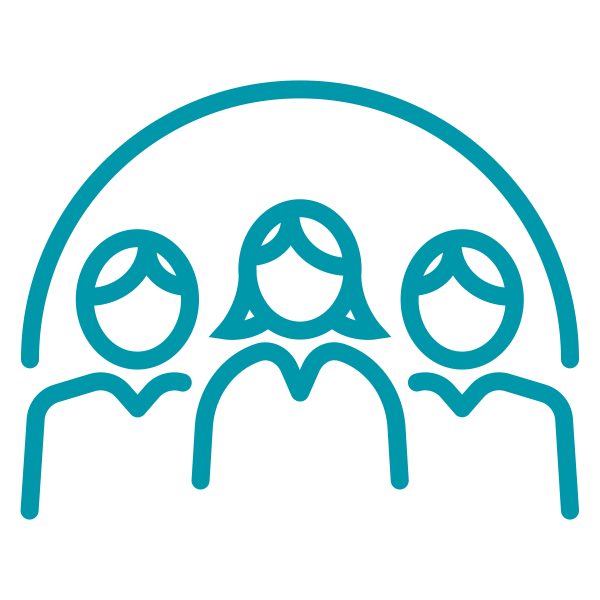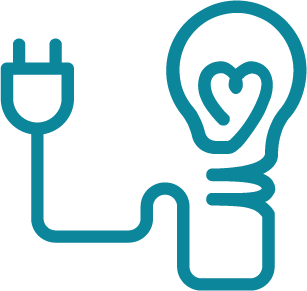Our partner charities
Who are the best charities?
Effective Altruism Australia’s objective is to help others as much as possible for every dollar donated.
To do this we support charities that are consistently ranked as highly cost effective by independent charity evaluators such as GiveWell, Giving What We Can, and The Life You Can Save. Because of their focus on transparency, commitment to evaluation and follow-up, and scaling of proven interventions, we have high confidence that these charities can reliably and significantly improve and save lives.
Our partner charities are all focused on global health and poverty, which is one of the worlds most pressing problems. If you are interested in other causes we recommend this list of the best charities to donate to across many causes.
To learn more about our criteria for recommendations, you can visit our inclusion criteria page.
Our recommended charities
Against Malaria Foundation (AMF)
Preventing deaths from malaria in sub-Saharan Africa
Malaria is a major problem in sub-Saharan Africa. In 2015, around 440,000 people – mostly children – died from malaria. Insecticide-treated bed nets prevent deaths and many other non-fatal cases of malaria and are relatively inexpensive – A$3.50 per net or A$5-7 including the costs of its distribution partners. (For more details, see GiveWell’s full report on bed nets.) We believe that AMF effectively expands access to bed nets. Read reports on AMF by GiveWell, Giving What We Can, and The Life You Can Save.

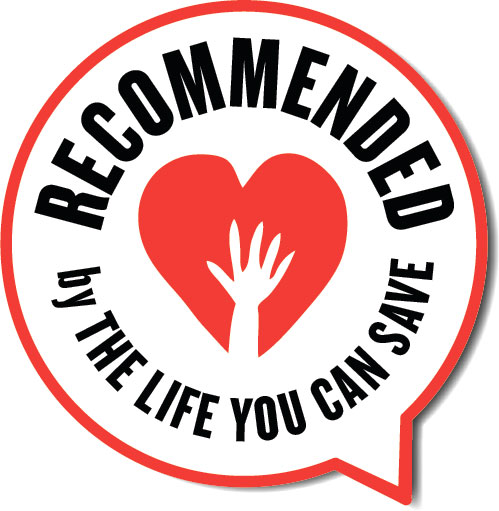
Malaria Consortium
Preventing malaria in children in sub-Saharan Africa
Malaria Consortium fights malaria by working with national governments to distribute preventive drugs for children under five years via seasonal malaria chemoprevention (SMC) programmes. Based on strong evidence, SMC is particularly effective at preventing malaria in those areas where it is seasonal. It is cost effective and saves lives. We believe that Malaria Consortium cost-effectively expands access to SMC programmes. Read more about Malaria Consortium here and their work on SMC here, including the latest 2021 philanthropy report, summarising how philanthropic funding was used to support the implementation of seasonal malaria chemoprevention. Read reports on Malaria Consortium by GiveWell and Giving What We Can.


Helen Keller International (Vitamin A Supplementation Program)
Vitamin supplementation to prevent child mortality in sub-Saharan Africa.
Helen Keller International supports government-run vitamin A supplementation programs. There is strong evidence that VAS programs reduce child mortality. GiveWell estimates it costs $1.23 to deliver a vitamin A supplement in HKI-supported programs. .
Read the reports on Helen Keller International’s Vitamin A Supplementation Program by GiveWell and Giving What We Can.


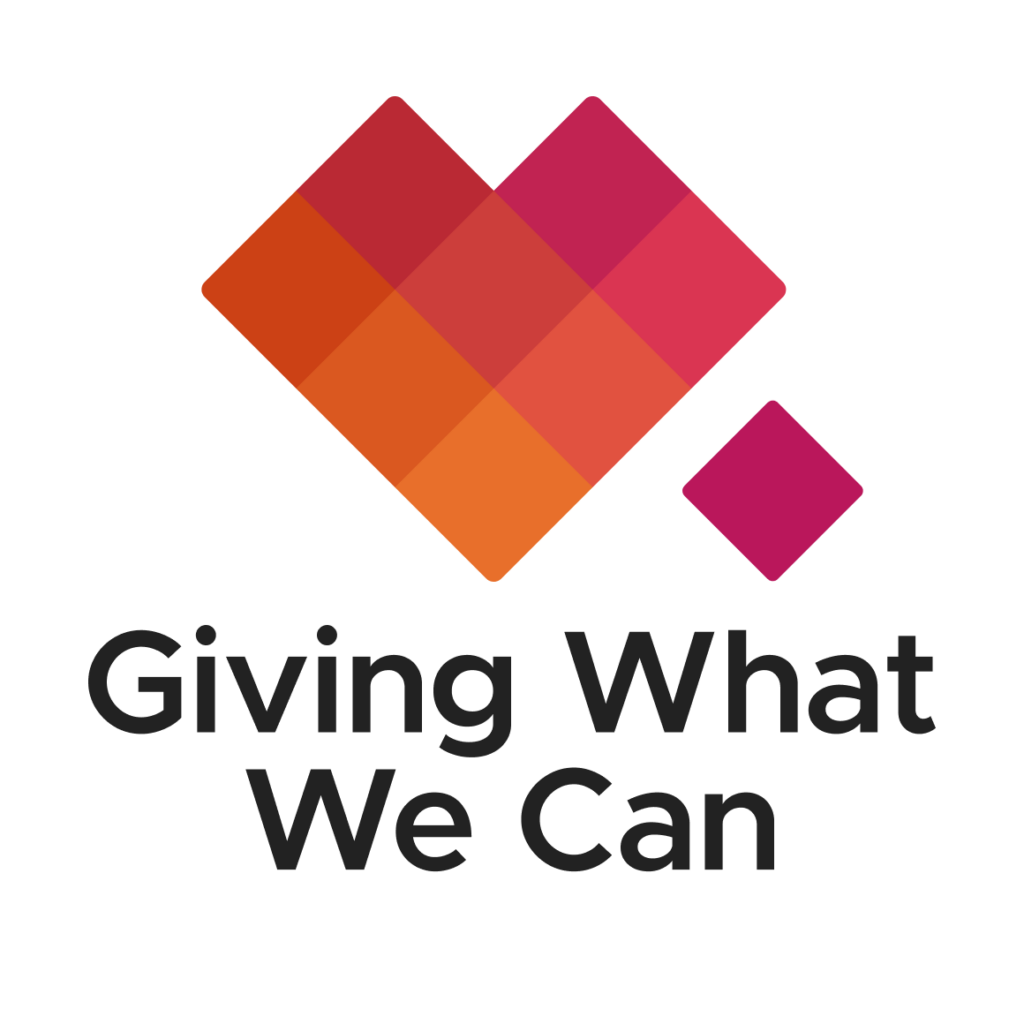
New Incentives
Cash incentives for routine childhood vaccines.
New Incentives was founded in 2011 to promote the use of Conditional Cash Transfers (CCTs), an evidence-based approach for improving health outcomes in Lower and Middle-Income Countries (LMICs). In a quest to identify the most impactful and cost-effective application of CCTs to save lives, the organization explored several models and interventions. By 2016, they had developed the Conditional Cash Transfers for Routine Immunization program, which GiveWell has now recognized as one of an elite group of charities that saves the most lives per dollar. In Nigeria, the organization operates as All Babies Are Equal Initiative. Read reports on New Incentives by GiveWell and Giving What We Can.


Other charities we support
As well as providing recommendations, we have listed a number of other very promising charities, nonprofits, and funds below. We think that, according to some worldviews, some of these may turn out to be even more effective than our recommendations. As such, we think it’s worthwhile to list them publicly so that donors can more easily consider them. To learn more about our criteria for listing these charities you can visit our inclusion criteria page.
Unlimit Health
Working to end parasitic disease
Unlimit Health supports programs that treat people for parasitic worm infections. Those infections cause organ damage, impaired childhood development, increased risk of HIV, reduced productivity, and reduced school attendance. These worms are extremely inexpensive to treat. For more, see GiveWell’s full report on deworming. We believe that Unlimit Health cost-effectively expands access to deworming treatment. Read reports on Unlimit by GiveWell, Giving What We Can and The Life You Can Save.

Deworm the World Initiative (led by Evidence Action)
Treating children for parasite infections in developing countries
The Deworm the World Initiative, led by Evidence Action, supports governments around the world to eliminate the public health threat of parasitic worms through school-based mass deworming programs. More specifically, Evidence Action’s Deworm the World Initiative advocates for school-based deworming to policymakers and provides technical assistance to launch, strengthen and sustain school-based deworming programs. 220 million children will be dewormed in 2016 thanks to Evidence Action’s work. Read reports on Deworm the World by GiveWell, Giving What We Can and The Life You Can Save.

GiveDirectly
Send money directly to the extreme poor
Directly transferring money to poor individuals allows them to purchase that which they believe will help them most. Strong evidence indicates that cash transfers lead recipients to spend more on their basic needs (such as food) and may allow recipients to make investments with high returns, with evidence showing no impact, or a negative impact, of transfers on alcohol or tobacco expenditure. (For more, see GiveWell’s full report on cash transfers.) We believe that GiveDirectly effectively distributes cash to extremely low-income individuals. Read reports on GiveDirectly by GiveWell, Giving What We Can and The Life You Can Save.

GiveDirectly Basic Income Research
Support rigorous research to assess the impact of basic income
You can earmark your funds to provide a basic income to individuals living in some of the poorest parts of Kenya and Liberia. Every eligible adult in a target region receives a monthly cash transfer specifically sized to lift them above the local extreme poverty line. You can read more at GiveDirectly.
GiveDirectly Refugees
Unconditional cash transfers to refugees in Uganda
You can also earmark your funds to provide direct cash transfers to long-term refugees, empowering them to rebuild their lives in their new, adopted homes. Since 2019, GiveDirectly has delivered cash aid directly to refugees living in Kenya, Rwanda, and Uganda. These recipients have fled intractable instability in nearby countries and are likely to remain in their new host country for the foreseeable future, given safety concerns back home. However, most fled with no assets or savings, so they struggle to build a new life where they’ve landed. By giving these families large cash transfers, they are able to invest in their futures and become more self-reliant, aiding their integration into their new communities.
StrongMinds
Treating depression at scale in Africa
Globally, 280 million people are living with depressive disorders. In low-income countries, approximately 85% receive no treatment. StrongMinds provides free group talk therapy to low-income women and adolescents with depression in sub-Saharan Africa. We scale our reach through peer-to-peer therapy, teletherapy, public education, and partnerships. Women who complete our therapy achieve clinically significant reductions in depression symptoms, restoring hope for themselves and their families. Approximately 80% of clients are depression-free at the conclusion of treatment. Since 2013 we have treated more than 230,000 individuals for depression.
Help us do more good
Some donors like to support our charities; others can see they help other people do more good. With these options, you can help grow effective giving, the effective altruism community, or grow our policy work.
Our community work at EA Australia
Our community team is focused on building and nurturing a national community of people who are thinking carefully about the world’s biggest problems and taking impactful action to solve them. We think building effective altruism is a promising way to have a big impact in the world.
Broadly speaking, we aim to all of our projects aim to support at least one of the following goals:
- Increase the number of people who are connecting and engaging with effective altruism
- Nurture a thriving community where individuals feel supported, motivated, informed, and equipped to do more good
- Support people in having an outsized impact via their career (e.g. career guidance) and the good we do now as a community (e.g. volunteering, political advocacy, social capital).
To those ends, the community team’s main projects are:
- Support organisers of Australia’s 18 local, university and cause-area specific groups
- As of 2024, organise the annual EAGx Australia conference (case for impact here)
- Offering advising/coaching calls to members of the community, new and old
- Keeping effective altruists around Australia up-to-date with our online infrastructure
- Running a range of other events for the community
Our work is currently largely funded from grants from the Centre for Effective Altruism, via the Community Building Grants Program, and the EAGx program. If you think it’s important to have a bigger and better EA community, supporting our work allows us to grow what we do.
Keep the EA Australia light-bulb on
Even though impact matters more than operational expenses, EAA prides itself on having low overheads. Help us keep it that way.
When an EAA donors funds a specific charity (e.g., they choose New Incentives), 100% goes to the charity (minus credit card fees, unless paying by bank transfer). When they let us choose a partner charity, about 99% goes to that charity. The other 1% helps us keep the lights on. Well, we don’t actually have lights to keep on (our staff work from home). We do, however, have staff to manage our financial systems, auditors check our books, and IT systems to maintain. Without covering these costs, we couldn’t operate. We don’t fund our marketing or fundraising with these expenses—any fundraising we do is done by volunteers or by grants.
Some generous donors help directly cover our operational costs. Their donations mean that the rest of our donors can pay so little toward operations. The major benefit to operational donations is in our messaging. We’d eventually like to be able to say that “100% of your donation goes toward those in need” (like the Against Malaria Foundation and GiveWell do). As seen from our financial reports, it would only take a small handful of donors (<1%) to cover these expenses, but we’re not always there. If you’d like to help our messaging by directly covering our operations, you can do so here.
Effective Altruism Australia Policy Work
Sometimes structural change can be more impactful than direct action. EAA is a large Australian charity with strong brand recognition that has a natural place in the Australian policy conversation, including by focusing on evidence and impact.
That means we are well placed to influence domestic policies with global ramifications. For instance, we invested a substantial amount of effort on the Productivity Commission’s Inquiry in Philanthropy. Our goals through that work has been to have tax deductibility status expanded to other high impact causes—like preventative animal welfare and the reduction of existential risk. The inability to accept tax deductible donations greatly hampers fundraising on those important topics. We have also pressed for the modernisation of regulatory frameworks to help our community building efforts as well as encouraging impact evaluation across the for-purpose sector in Australia.
Typically policy work is not our priority. Donations to support this work allow us to identify opportunities, dedicate resources and engage with government and decision makers on the topics that matter the most.
Giving What We Can
Giving What We Can (GWWC) is a community of effective givers. It offers essential support, a sense of community, information and infrastructure to aid donors in maximising the impact of their charitable donations.
GWWC is dedicated to fostering a community of effective givers through events, newsletters, and giving pledges. By 2022, GWWC’s community members had contributed over $450 million AUD to effective organisations. More than 8,000 individuals across 90 countries had committed to donating a significant part of their income to effective charities. According to their latest internal impact evaluation, from 2020 to 2022 GWWC:
- generated an additional $62 million in value for highly-effective charities.
- had a giving multiplier of 30x, meaning that for each $1 spent on its operations, it generated $30 of value to highly-effective charities on average. Each new GWWC Pledge generates >$20,000 of value for highly-effective charities that would not have happened without GWWC.
